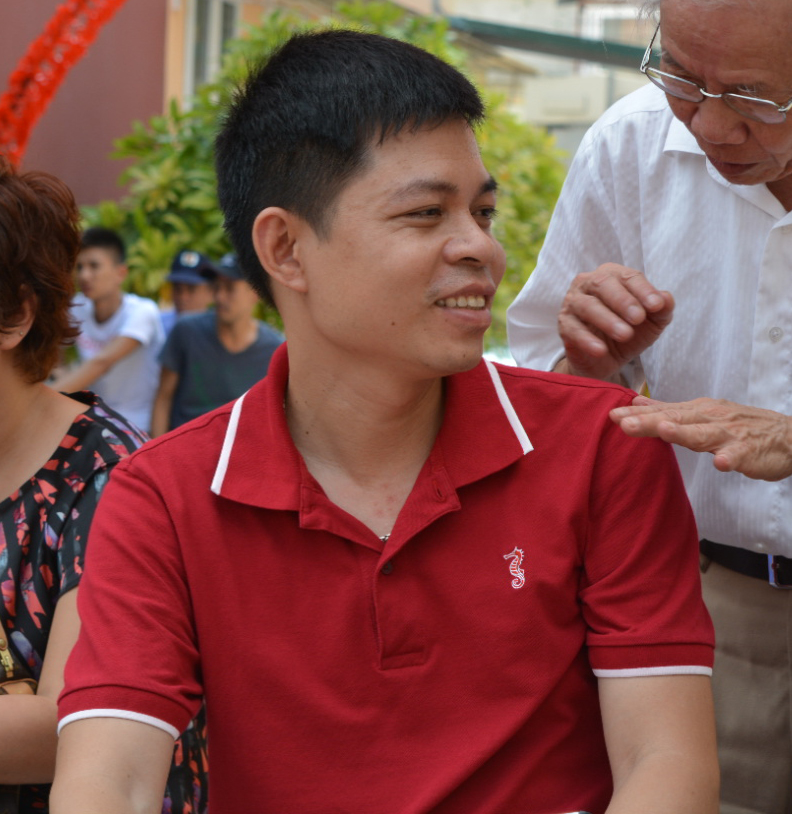Following a recent visit, a delegation from the European Parliament’s Committee on Fisheries has praised Vietnam’s to fight illegal, unreported, and unregulated fishing (IUU).
The seven-member delegation, led by Gabriel Mato – a member of European parliament and committee spokesperson – held a number of high-level meetings with the prime minister, the vice chairman of the national assembly, ministers, and officials from relevant agencies during their trip to Hanoi and coastal provinces from 28 October to 2 November, according to a statement from the EP.
“The delegation expressed its appreciation for the open and frank exchanges with their counterparts and the constructive cooperation,” the EP said. “A number of significant improvements of the Vietnamese fisheries legislation could undoubtedly boost Vietnam's ability to tackle and deter IUU fishing activities in its waters.”
The European Commission issued a yellow card to Vietnam in October 2017, warning the Pacific country it could ban its seafood exports entirely unless Hanoi did more to tackle illegal fishing.
The EP members observed new monitoring, inspection and control infrastructures and facilities such as the Fisheries Monitoring Centre in Hanoi and the ports in Quy Nhon in central Vietnam and Hai Phong in the northern region. The facilities, and the new infrastructure and regulations, will positively impact Vietnam's ability to comply with its international obligations in the fight against IUU fishing, according to Mato. The delegation also welcomed the publication of the “White Book on Combating IUU Fishing” released by Vietnam earlier this year.
The delegation, however, said Vietnam faces challenges in regard to its overcapacity and overexploitation of marine resources – a situation it said is being caused by increasing supply needs of its fast-developing processing sector. The challenges, together with the country’s weak control policy, have displaced the country’s fishing effort beyond Vietnamese waters, where Vietnamese authorities do not have the legal means and the resources to control fishing activities, according to the statement.
The delegation also said the monitoring, control, and surveillance, as well as the management of the fleet, remained “extremely weak and fragmented.” Furthermore, it said traceability of fisheries products is not influencing the efficacy of the catch certification scheme for exports to the E.U.
The delegates recognized Vietnam’s political efforts in the commitment to tackle IUU fishing and called for Vietnam to devote more human and financial resources to this end. The delegation underlined the importance of the E.U.-Vietnam Free Trade Agreement (EVFTA), which provides for cooperation between both sides in the fight against IUU fishing under its Trade Sustainable Development Chapter.
On 17 October, the agreement advanced when the E.C. agreed to submit the EVFTA to the European Council to seek its approval for the signing of the deal, slated to take place by the end of 2018, which will send it to the EP for ratification in early 2019.
"For Vietnam and the E.U., it is paramount to continue with this open and constructive dialogue in order to successfully address the global challenges posed by illegal fishing,” the EP said. “The new fisheries legal framework and implementing regulations currently being developed is a first step in the right direction and we strongly encourage Vietnam to continue along this path.”
Inspectors from E.C. are expected to visit Vietnam again in January 2019 to evaluate progress on the fight against IUU made by Vietnam, following a previous trip completed in May, according to the Vietnam Directorate of Fisheries. A decision on the yellow card is expected soon afterwards, according to the Vietnam Association of Seafood Exporters and Producers.
Photo courtesy of VASEP






